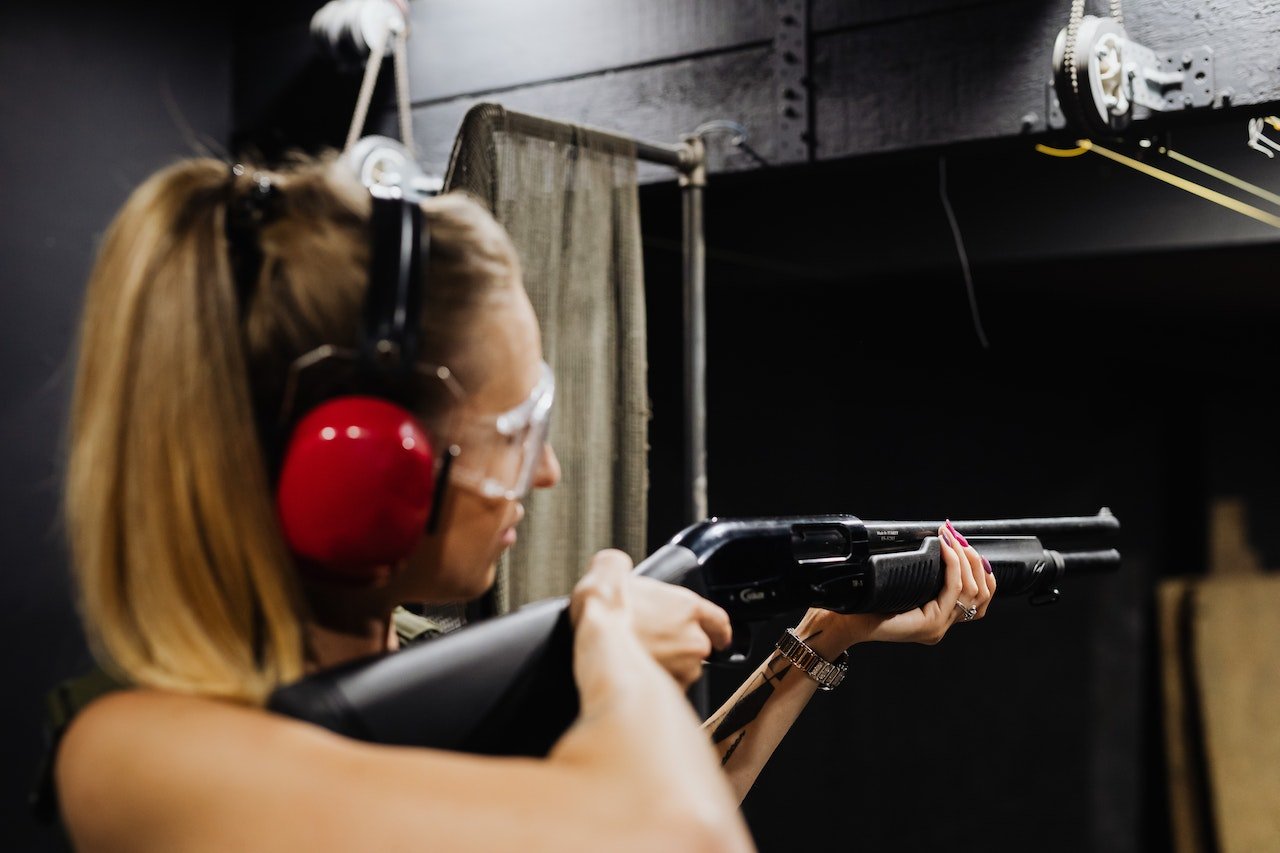Getting to a particular destination requires you to plan your route. Without doing so, you may make wrong turns, get lost, and waste time and energy. The same holds true when pursuing a career in firearm engineering.
To become such a professional, you need to understand the steps you need to take, including what the job entails. Meanwhile, if you’re shopping for high-quality gear or firearms, check out elevatedgunworks.com for a catalog of options.
That aside, what does a firearm engineer do? And how can you become one? Follow along as we unveil answers to these common queries.
The Role
A firearm engineer is responsible for researching, designing, and developing firearms and ammunition. They may also play an active role in the manufacture of firearms. To do this, you must have a strong understanding of:
- Ballistics
- Thermodynamics
- Fluid dynamics
Then, you can use this knowledge to develop a new weapon or upgrade an existing one. Plus, you may have to work closely with other engineers to create new designs.
Still, a designer’s role requires critical thinking skills and creativity to develop new ideas. The ability to think on your feet also helps – can solve problems that may arise during the design process.
As an engineer, you’ll be called upon to test prototypes and final products to ascertain their quality. In this capacity, you can ensure products meet all safety and performance requirements. By assessing the performance of firearms, you can recommend improvements as necessary. Thus, as a firearm engineer, you play a vital role.
The Career Path (Including Education)
Mechanical engineering and firearms engineering are closely interlinked. In fact, the latter is a subset of the former. As such, the path to becoming a firearm engineer typically begins with a four-year degree in mechanical engineering, followed by experience and education in the firearms industry.
As an engineer, you will start your career as an intern at a firearms manufacturing company. Most professionals start as interns, so your case wouldn’t be a misnomer. That way, you can learn about the manufacturing process as you apply your engineering skills in a practical setting. After completing your internship, the company may hire you full-time – this may depend on your overall performance and availability of positions.
Expertise in weaponry also comes in handy when searching for a job in the industry – most employers regard this as a pre-requisite for employment. Hence, you may want to take extra courses in your spare time to learn about gun design and other fundamentals like ballistics (as aforenoted).
Experience Counts
As you gain experience, you can take on greater responsibility within the company. That implies you may earn a promotion to a management position over time, usually after five years, give or take. Many firearm engineers eventually move into leadership roles such as director of engineering or chief engineer. These positions provide direction for the entire engineering team and play a significant role in a company’s overall success.
To gain experience, you may take up other roles in the mechanical engineering field before branching off into firearms engineering. This can help you develop a well-rounded skillset that will come in handy as you climb the corporate ladder.
If you want to take on more responsibility, consider pursuing a master’s degree in mechanical engineering with a focus on firearms engineering. With this level of education, you can become a lead engineer or take on other managerial roles. And while at it, you can command top dollar in the field.
Alternatively, you may wish to pursue a Ph.D. in mechanical engineering and major in firearms engineering. Doing so can help you become a professor or research scientist in the field. Alternatively, you can work for the government or a private company in research and development.
Job Prospects
If you’re interested in working in gun engineering, be proactive to improve your job prospects. To this end, focus on learning computer-aided design programs. Many gun engineers use software to design new products, and being proficient in a popular program can give you a leg up when applying for jobs.
Additionally, try to gain experience with virtual simulation for product development. This technology is often used in the gun engineering industry to test new designs before they’re put into production.
While at it, familiarize yourself with 3D printing – an increasingly popular technology in the gun engineering field. Knowing how to use it can make you more attractive to potential employers. All in all, focusing on these areas can improve your chances of landing a dream job in gun engineering.
Becoming a firearm engineer requires effort, including learning the theoretical and practical aspects involved. That said, it’s a viable career option if you have an aptitude for engineering and a passion for firearms. With the right mix of education and experience, you can become a highly sought-after professional in the field.

